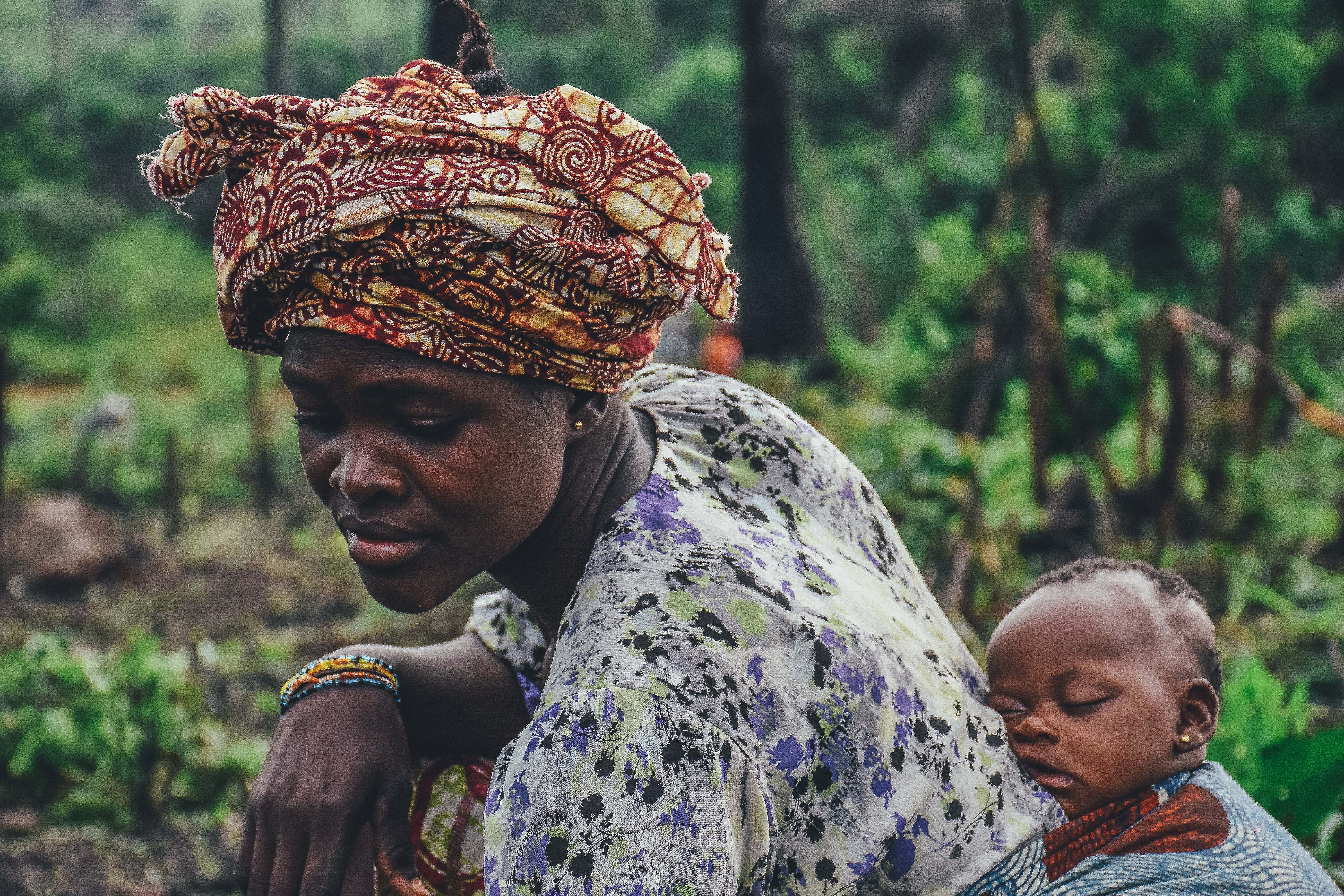Climate Fund Managers’ commitment to the WEPs
Climate Fund Managers (CFM) is a Dutch investment manager that uses blended finance structuring to attract public and private capital to invest in high-impact sectors in emerging economies. CFM invests in climate-themed sectors by setting up specific finance vehicles, such as its Climate Investor One (CI1), with a mandate to finance renewable energy projects and Climate Investor Two (CI2), which focuses on water, sanitation, and oceans. CFM is dedicated to securing a sustainable future through impact investing.
Since its inception, CFM has recognized the importance of gender equality internally as well as gender-sensitive design and implementation of both its investments and community development programmes. As part of CFM’s investment approach, each investment is complemented by a community development programme that adopts a gender-responsive approach in its design, to support communities directly impacted by its project, using its own Community Development Framework. The framework provides a structured, needs-based approach with an emphasis on women’s empowerment to address gender inequalities, and is aligned with international, externally vetted tools to ensure continual improvements.
At the beginning of 2021, CFM became a signatory to the Women’s Empowerment Principles (WEPs) which was an important step to making progress on the United Nations Sustainable Development Goal #5 on gender equality and women’s empowerment. Introduced by FinDev Canada, it used the WEPs Gender Gap Analysis Tool to, amongst other aspects, identify areas where CFM can enhance its integration of gender equality into its business and investment activities.
CFM - A committed WEPs signatory
CFM keenly acknowledges the beneficial results of being a Signatory to the WEPs. Adopting the principles has facilitated the concrete implementation of CFM’s community development framework as it highlights specific pathways to achieve gender equality and women’s empowerment.
Konexa tackles systemic gender inequalities through Principle 6
Over 90 per cent of the households in the project area in Nigeria live on less than US$200 a month. The poverty is further exacerbated by an unemployment rate of 87 per cent and most income is generated informally. Women especially are disadvantaged through structural inequalities: even though women’s labour forms 37 per cent of agricultural activities in Nigeria[1], women have limited access to credit[2] as well as to training and skills development. Renewable energy sources are often inaccessible for women as the cost of alternative energy sources is high.
The Konexa programme – one of CFM’s CI1 portfolio investments that prioritizes gender equality through community initiatives and advocacy (Principle six)[3] – was designed to address these structural issues. Women’s access to renewable energy reduces the burden of time-intensive household labour, such as collecting wood, allowing for time to be invested in education, and other productive activities.
Konexa involves the construction of a 2.5MW solar PV plant and the upgrade of grid networks in Kaduna state, Nigeria. The community development programme has been active throughout the development phase of the investment, which commenced at the beginning of 2021, and will continue to run in parallel to the commercial project, expected to start construction in 2022. CFM and Konexa have partnered with a local organization, Hope for the Village Child (HVC)[4], that brings important local understanding to the table and ensures that the project is contextually sensitive and holistic with a strong focus on women.
The programme includes the deployment of eight solar mini-grid sites, agricultural support, and additional income generation opportunities, building on previous HVC activities. Stakeholder engagement sessions with women ensure that all activities are co-created and are truly responsive to women’s needs in the community, as per WEP6 to promote women’s active participation in community decision-making.[5]
In 2021, the programme also focused on mobilizing the community through a village savings and loans initiative, providing financial literacy and business development skills aimed at strengthening the agency of women and youth and their ability to create wealth and employment.
Buy-in by community members is achieved by engaging community leaders and raising awareness of their involvement in advancing gender equality. Ongoing activities include the training of women-focused groups in other income-generating activities, such as liquid soap making, and food processing (soya bean and rice). These measures address the seasonality of income that results from crop production alone. Productive use appliances, such as refrigeration, grinding and milling machines are being made available and deployed through an appliance financing mechanism that specifically targets women to increase their access to credit and ownership of productive assets.
Project activities:
- Electrification of two villages (Chikaji Gwari and Chikaji Tsakiya) with 88 connections.
- Financing of 13 productive use appliances. Women associations are specifically targeted for the deployment of productive use appliances to further increase job creation and income-earning opportunities.
- Establishing farmer field schools to aid with crop yield.
- Training 10 women, 15 male youth and 20 female youth in entrepreneurship skills – crop processing, food processing, soap making, and bookkeeping.
- Training and support to start a Village Loan Saving Scheme (VLSS).
Expected Project outcomes
- 150 farmers to benefit from the establishment of farmer field schools.
- 16 cooperative members (eight women and eight youth) will have received financial training on basic bookkeeping practices and financial literacy.
- Women and youth groups will have established village loan saving schemes.
- A dry season farming scheme will be set up and operating.
- The establishment of grain banks and training delivered on post-harvest management.
Anticipated impacts
- Increase in standard of crop yield and income
- Increase employment opportunities for women working in agriculture.
- Empowerment of women through improved financial management skills.
- Increased number of women with access to finance and credit.
- Alleviation of poverty due to seasonal labour through the creation of additional sources of income and access to the market.
- Increased number of households with food security.

